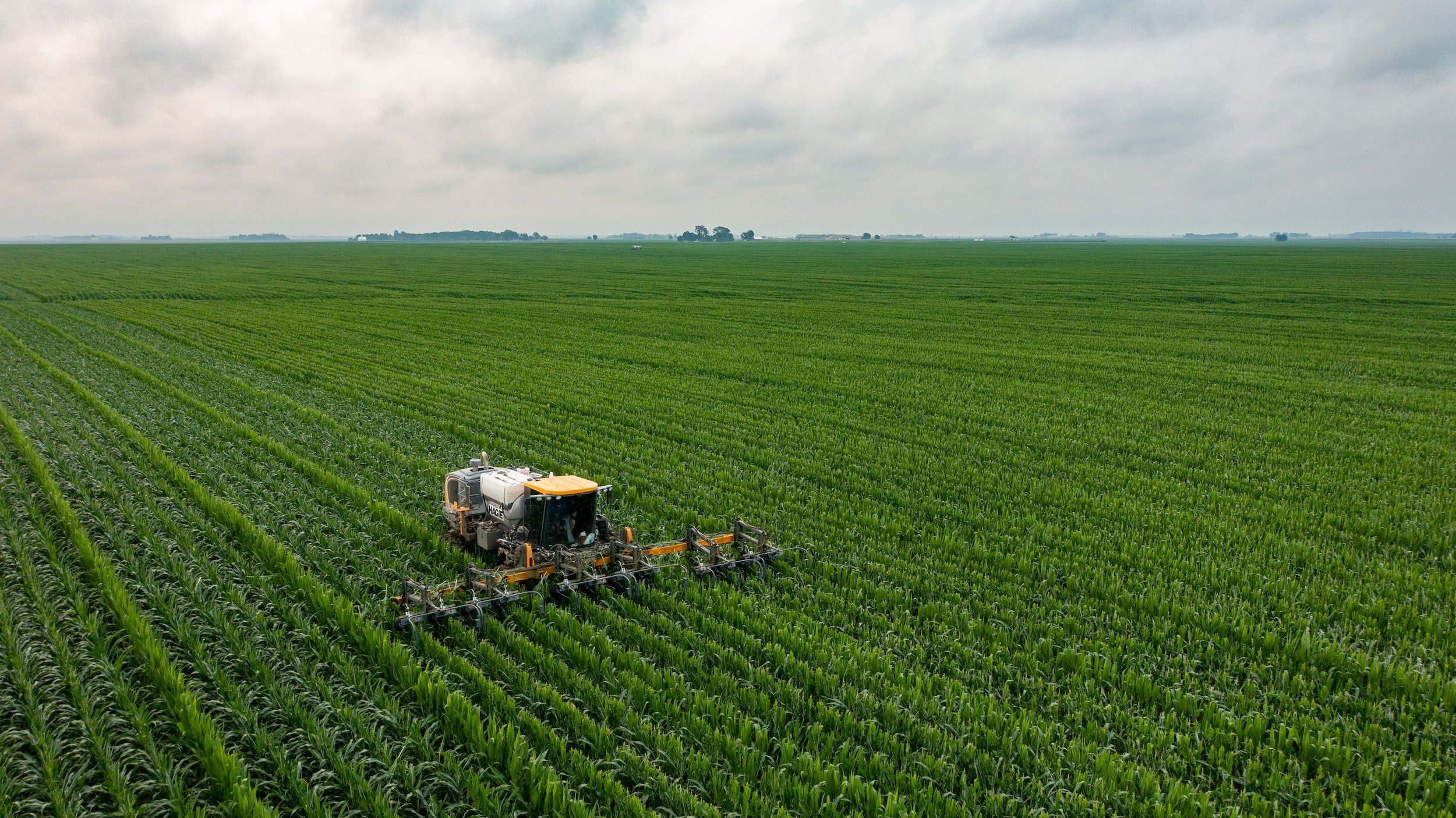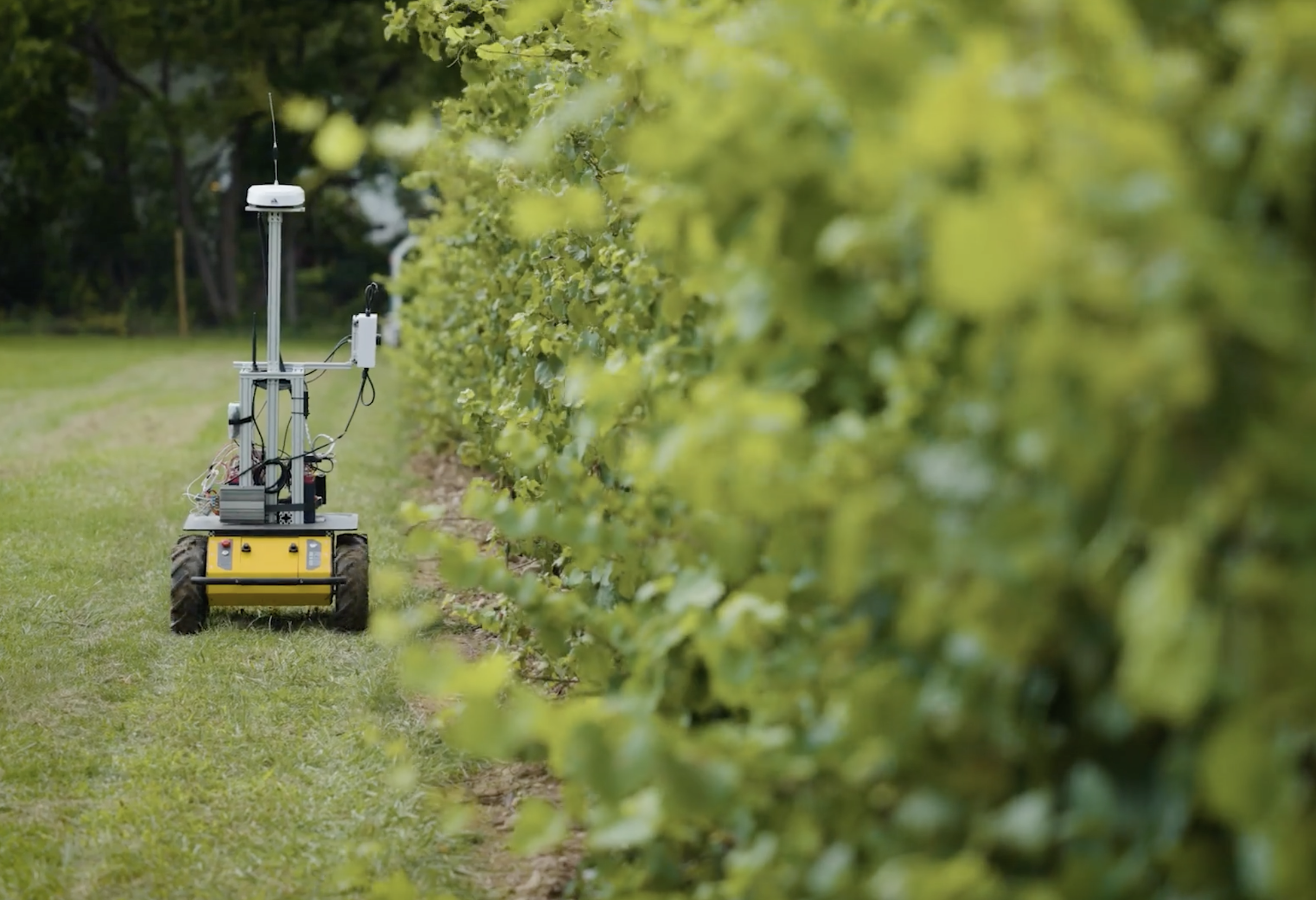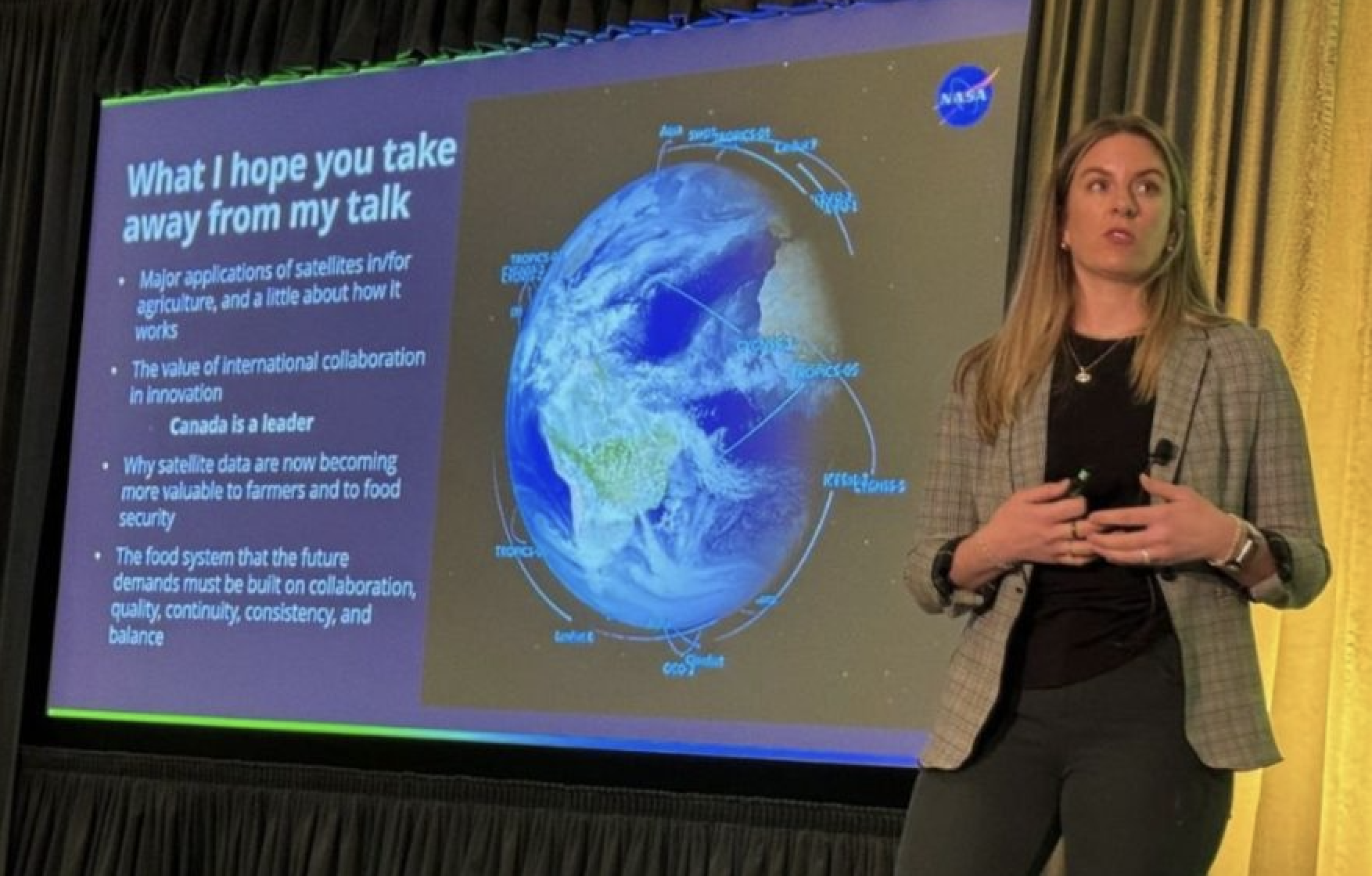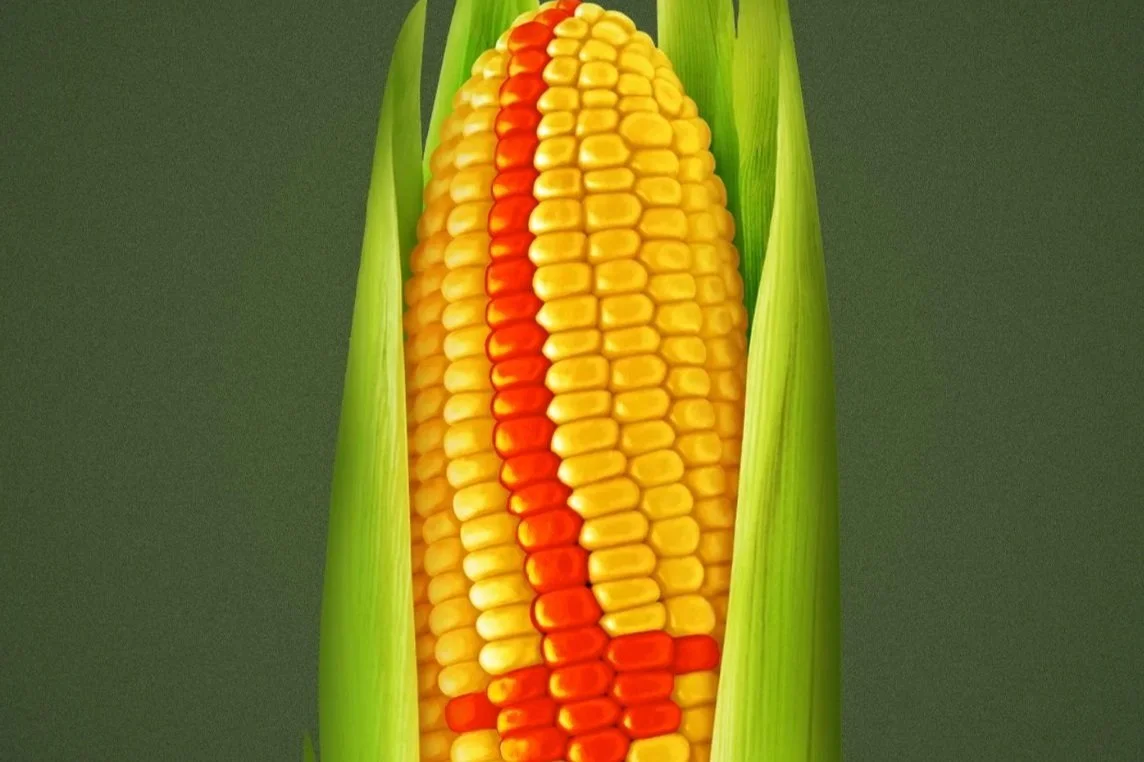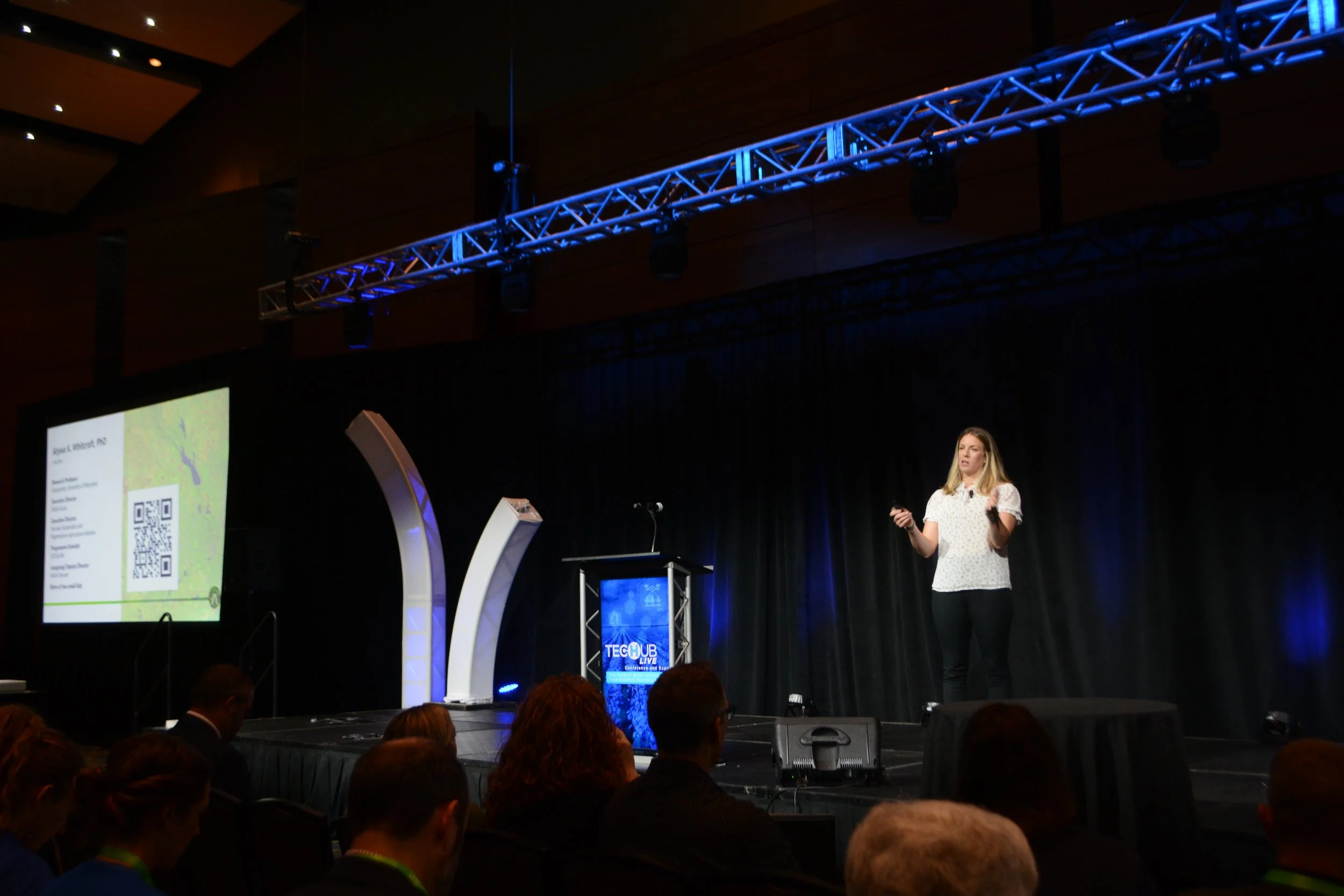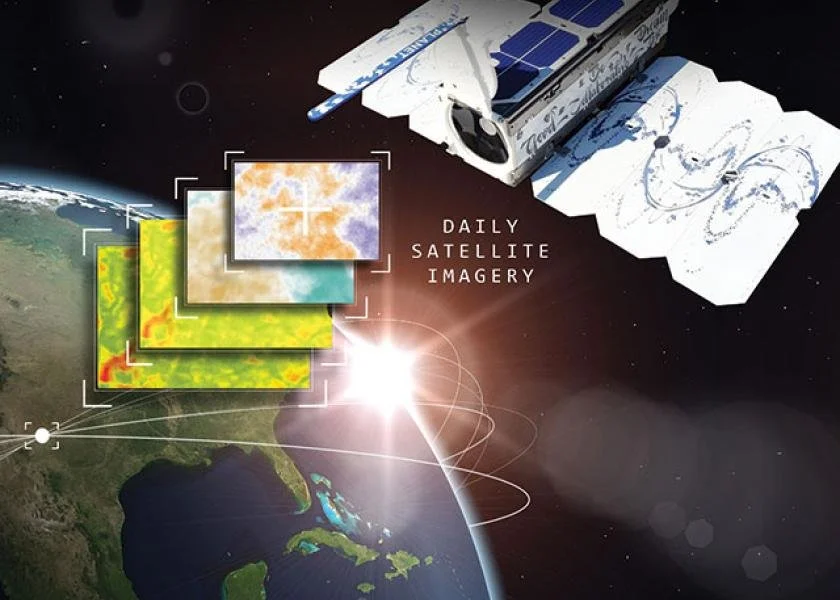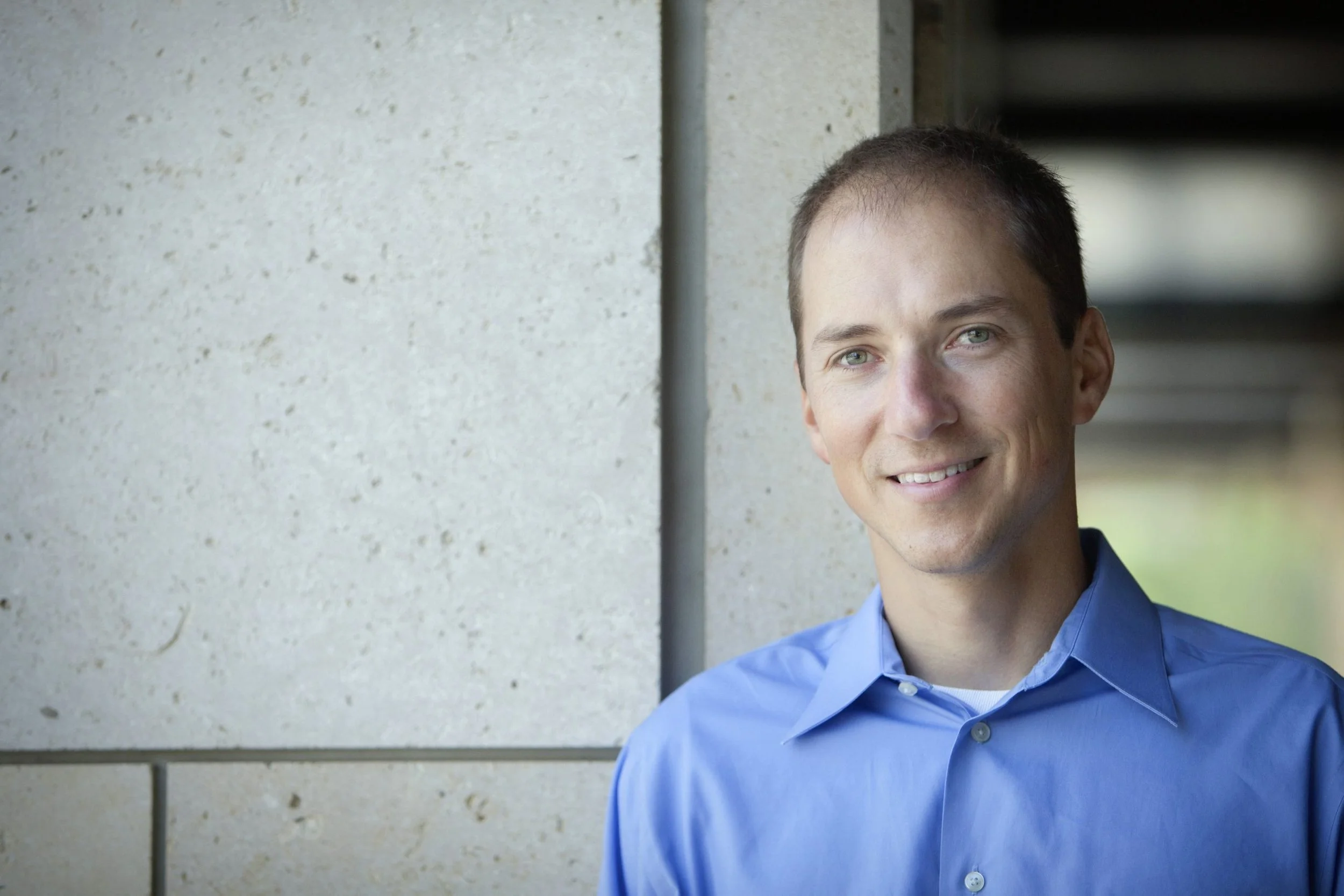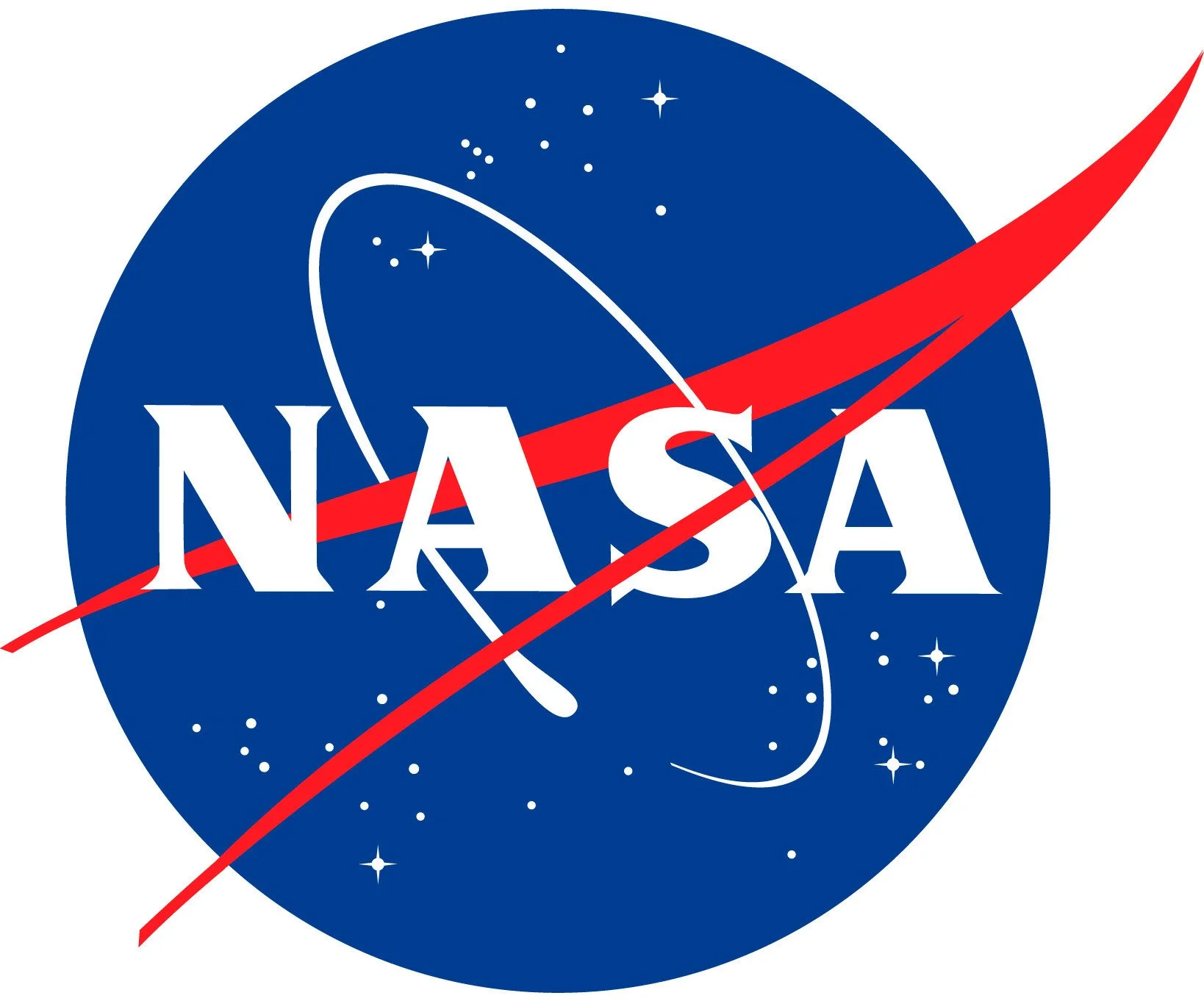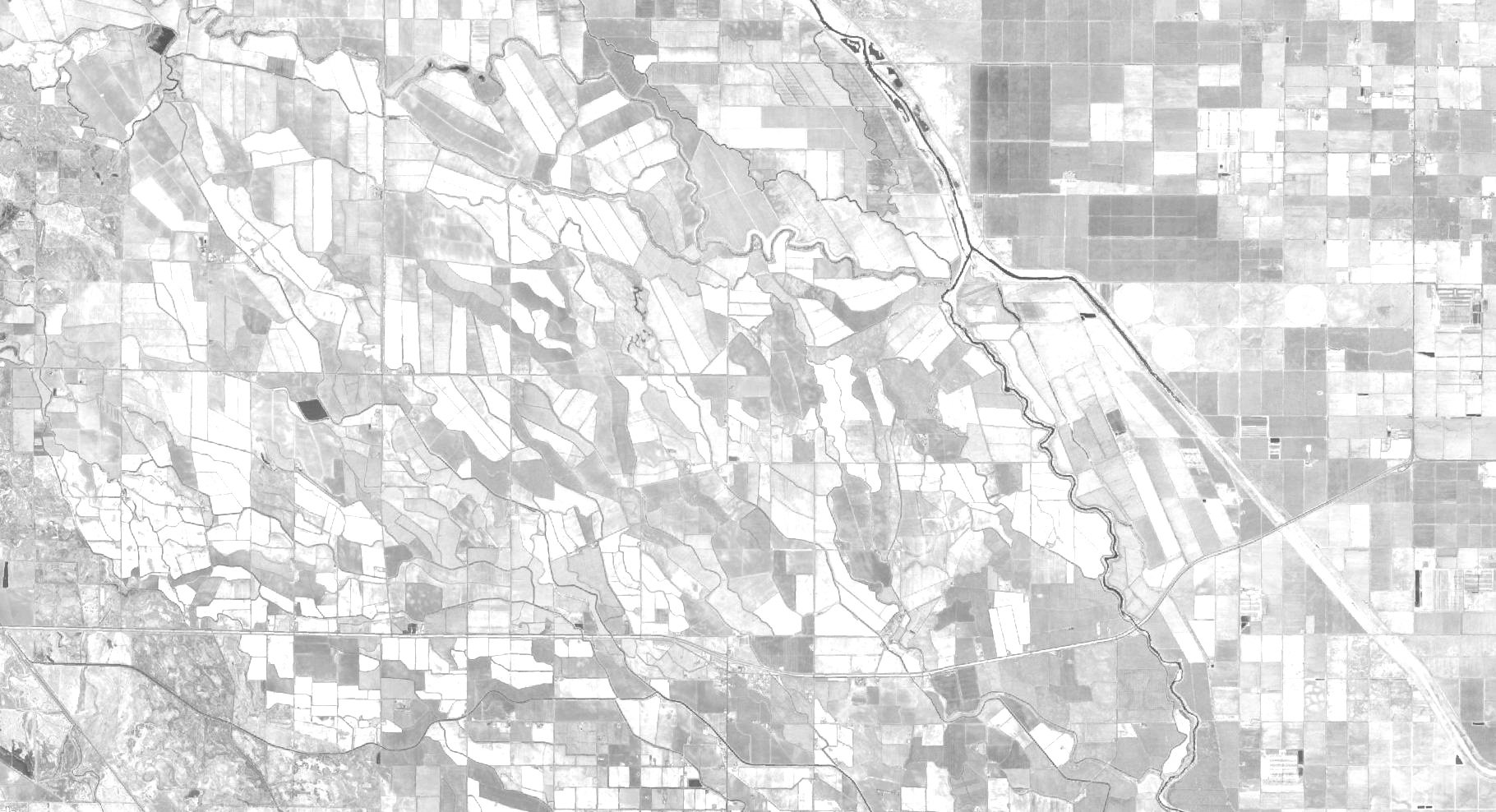
News
Cultivating Diversity, Equity, Inclusion, and Justice in the Workspace with Dr. Stanley Andrisse of P2P
The importance of Diversity, Equity, Inclusion, and Justice (DEIJ) in creating a healthy and supportive workplace cannot be overstated. DEIJ initiatives contribute significantly to fostering a workplace environment that is not only fair and just but also enriching and supportive. In a diverse and inclusive workplace, individuals from various backgrounds, ethnicities, genders, and orientations feel valued and respected. This diversity brings a wide range of perspectives, ideas, and experiences, fostering creativity and innovation.
Working with subject matter experts who are close to the challenges that people face allow for solutions and voices to be heard to create inclusive career opportunities in STEM. In this inaugural NASA Acres DEIJ blog, we will share perspectives from our community which speak to the importance of connection, belonging, diversity, and best practices with our featured partner, Dr. Stanley Andrisse. Dr. Andrisse had the opportunity to share his story at the most recent NASA Acres Kick Off Meeting in St. Louis. In this blog, he will also share his passion for Haitian culture, people, and building evidence-based solutions for inclusive and successful work environments based on the challenging and successful experiences he has had as a person, scholar, mentor, colleague, and faculty member.
NASA Acres Scientists are Developing Methods to Delineate High Resolution Field Boundaries
NASA Acres scientists, David Roy and Lin Yan of Michigan State University, are taking a computer-vision approach to extract crop field objects from Landsat satellite time series wall-to-wall in the Conterminous United States (CONUS) annually for 2008-2026, with core processing undertaken in Amazon Web Services (AWS) where the USGS Collection 2 Landsat Analysis Ready Data (ARD) are stored, and the results will be validated using Google-Earth and NASA high spatial-resolution imagery. In areas where fields are too small to be extracted reliably from Landsat 30m images, the commercial high-resolution images will be considered.
Over 40 organizations joined NASA Acres in St. Louis for a Kick-Off Meeting, marking its official launch
On November 2 and 3, NASA Acres hosted our inaugural Kick-Off Meeting at the Donald Danforth Plant Science Center in St. Louis, Missouri, gathering Consortium partners and collaborators from over 40 organizations with a shared commitment to supporting national agriculture and food systems using satellite data and technology.
NASA Acres Consortium partners and collaborators to gather in St. Louis for Kick-Off Meeting this November
This event will set the foundation for NASA’s new, U.S.-focused Consortium on agriculture and food security.
Over 50 Consortium partners and collaborators will gather in St. Louis, Missouri this November for the inaugural NASA Acres Kick-Off Meeting. This event is the first Consortium-wide gathering since its formal launch in April of this year. The Consortium is led by the University of Maryland with Research, Development, and Extension Partners at nine other universities and two supporting private organizations, comprising top-of-the field scientists and practitioners in agricultural remote sensing, artificial intelligence, soil science, agronomy, rangelands, sociology, economics, and data policy.
NASA Acres goes to the World Agri-Tech Innovation Summit in London
This week Dr. Alyssa Whitcraft, Executive Director of NASA Acres, attended the World Agri-Tech Innovation Summit in London. The Summit brings together 900 senior decision makers from across the agri-food sector, including agribusinesses, food brands, farming co-operatives, policymakers, investors, and startups. The event investigates what is needed to spark critical action and build a more sustainable food system.
At the conference, Dr. Whitcraft gave a Lightning Talk on her work with NASA Acres, NASA Harvest, and Harvest Sustainable and Regenerative Agriculture (SARA) Initiative and chaired a panel on "Measuring and Monitoring Soil Health to Build Sustainable Farming Practices".

NASA Acres In The News
